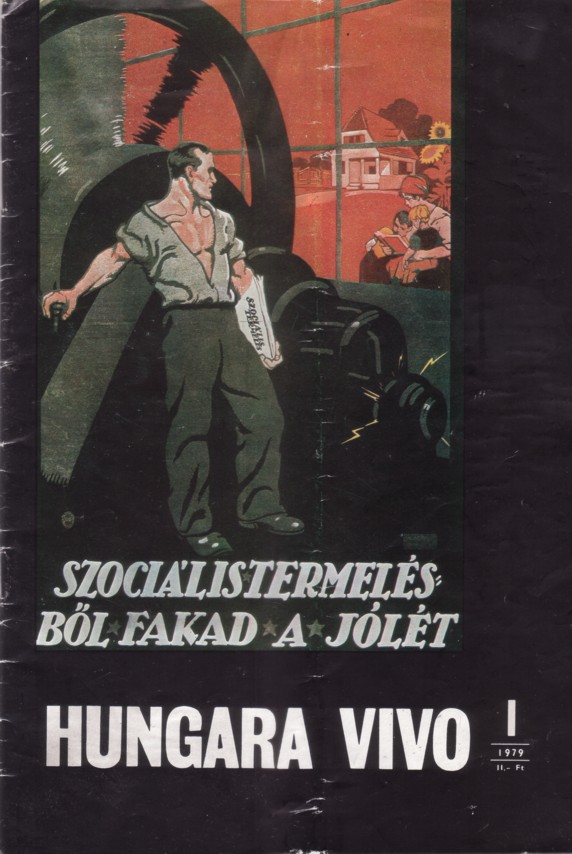First, here is the web site for the novel
Boxer, Beetle.
The novel is prefaced by two quotes. The first is from Jane Jacobs, from her landmark book
The Death and Life of Great American Cities. The second:
"Dissonance is the truth about harmony." -- Theodor Adorno,
Aesthetic Theory
Who knew?
I don't follow trends in fiction generally, or even in various fictional genres, but I have taken note of several contemporary Jewish novelists who have immersed their imaginations in the cultural environments that would have been familiar to their great grandparents, often incorporating real historical figures, or creating alternate histories. Michael Chabon and Joseph Skibell come immediately to mind. I suppose then it should not be too surprising that Esperanto and its Eastern European Jewish creator L. L. Zamenhof would appear in this fiction. Ned Bauman's novel, published in 2010, can be added to this list.
Entomologists, eugenicists, Nazis, and a Jewish boxer occupy this scenario. Chapter 10 (Autumn 1881) incorporates the real history of artificial languages into the fiction. Erasmus Erskine insists that in a true philosophical language, ambiguity would be eliminated. There is speculation about an alleged archaeological finding of a legendary ancient advanced civilization and the language its inhabitants would have spoken. Sudre's musical language Solresol is mentioned as is perhaps the oldest recorded example of an artificial language, produced in the 12th century by St. Hildegard. The era of
a priori constructed languages is mentioned. In the same era in which pogroms in Eastern Europe are feared on a daily basis, Erskine pursues his project, until in January 1890 Erskine completes "the 998-page first draft of the
Pangaean Grammar and Lexicon." Zamenhof's native city of Bialystok is also part of the story.
Erskine's friend Thurlow continues to discourage the project, mentioning Volapuk had already achieved success and was a far superior language than Pangaean and easier to learn. (The irony!) But Erskine is more irritated that someone of his acquaintance, Marcus Amersham, is working on his own artificial language Orba, and has a club devoted to it. Amersham's publications include forms to which the reader can subscribe promising to learn the language if 10 million other people do so. This fictional item is borrowed from real life Zamenhof's initial attempt to promote Esperanto.
Esperanto then makes its appearance: "But by 1901 Pangaean, Orba and Volapuk were all being swept aside by the onrush of Esperanto." A few paraphrased quotes from Zamenhof are adduced to demonstrate Zamenhof's Jewish motivation. Erskine learns about the forthcoming Delegation for
the Adoption of an International Auxiliary Language (which in real life selected the dark horse Ido, resulting in the famous Esperanto-Ido schism), and is determined to counterpose Pangaean to the Jewish cosmopolitan Esperanto and mold his language accordingly. Erskine, apparently, is an anti-Semite and presumably a non-Jew.
The 1903 Delegation could not gain assent to its authority, and so no new language definitely triumphed. Bauman correctly describes Hitler's animosity to Esperanto and the Nazi extermination of Zamenhof's family, but adds the fictional element that Hitler bans Pangaean as well as Esperanto. To Stalin's real-life persecution of Esperantists is added Stalin's unverified anecdotal inability to learn Esperanto and purely fictional inability to learn the fictional Pangaean.
And now the final SPOILER: Erskine catches Thurlow with his wife, with a book of Orba grammar between them. Devastated, Erskine discards his notes for the third edition of the
Pangaean Grammar and Lexicon. I have deliberately kept this description as dry as possible, because the actual writing is hilarious.
And undoubtedly the balance of this award-nominated novel is equally as entertaining.












